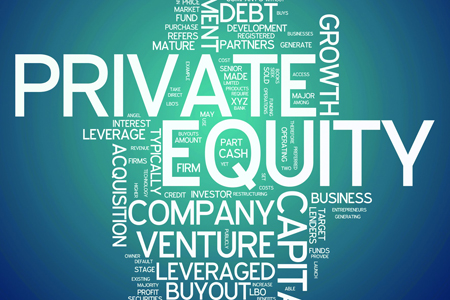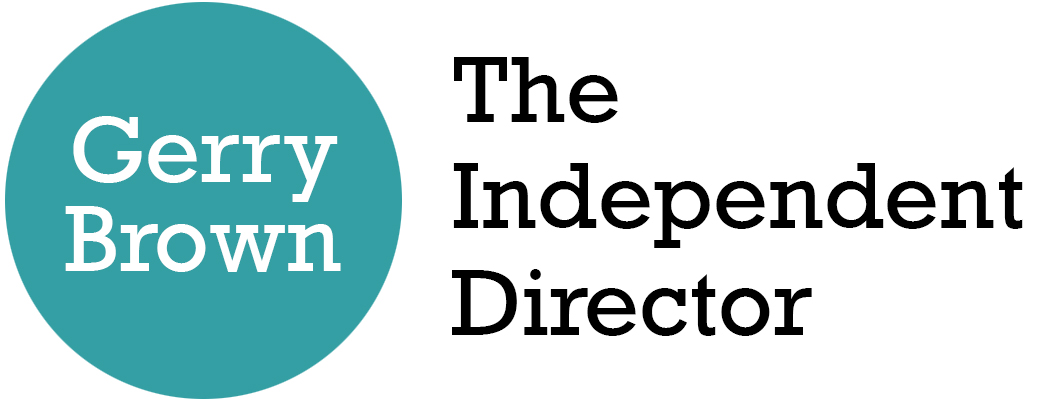
Winning combination of Private Equity & Independent Directors delivers better returns & management (& less scandals)

Despite their history of naysayers and doubters, PE delivers relatively scandal free impressive returns and is now here for the long term. During the financial crisis of 2007-8 valuations fell and questions were asked as to whether PE houses were really as good as they claimed to be (especially the very large buy out funds). However, six years later, even in the current very uncertain business world an era of rising interest rates and lower economic growth, there are robust results and robust confidence in the future as well as scandal aversion.
The Independent Director - Gerry Brown’s clarion call and manifesto for truly independent non-executive directors - reveals that their expertise and business acumen thrives in private equity led/owned/managed businesses. It is the general case that the returns from private equity (PE) companies are better than those for public companies. In comparison with public markets, the private equity model is thriving and, of course, scandal or public bailout free.
Many commentators believe that there has been a deleterious de-coupling of economic alignment between the owners of public companies and their managements. In contrast, there are many reasons why companies backed by the best Private Equity firms are better investments for pension funds (public and private), insurance firms, family businesses, sovereign wealth funds, endowment plans as well as some individual investors. PE is alive and rudely kicking so much so that PE investors frequently really improve working capital performance because they:
1) embrace change
2) understand the value of cash
3) know how to deleverage to drive value
4) focus on operational improvement
5) deliver sustainable change rather than short term year end driven heroics/histrionics
6) focus on longer term growth
Ownership by PE provides a company with a highly concentrated and motivated shareholder that has a relatively narrow range of other investments, deep business experience and significant legal and relational influence. In most instances, the economic interests of the individual investment professionals exercising that influence are relatively well aligned with those of the ultimate providers of the capital - in that they want to achieve the highest possible internal rate of return on the equity component of the deal between the date of the investment and the exit. Management incentivisation is typically also aligned with the ultimate capital providers internal rates of return.
Gerry Brown’s book The Independent Director suggests that, given the increased size, importance and regulation of the PE sector, there is a need for much greater transparency so that the general public better understands the safety and benefits of PE. Brown advocates that the industry introduces a code of conduct for all reputable PE companies to commit and adhere to as a condition of investment. Similarly this code of conduct would limit claims for treatment as capital gains to only those forms of income that represent a genuine return on a partners invested and risked capital. Both proposals would help to further improve and enhance the status and image of the PE industry.
For more information, article requests, extracts, review copies or interviews, please contact Jeff Scott, Publicist at Platypus PR on (01273) 692215 or email jeff@platypuspr.com
